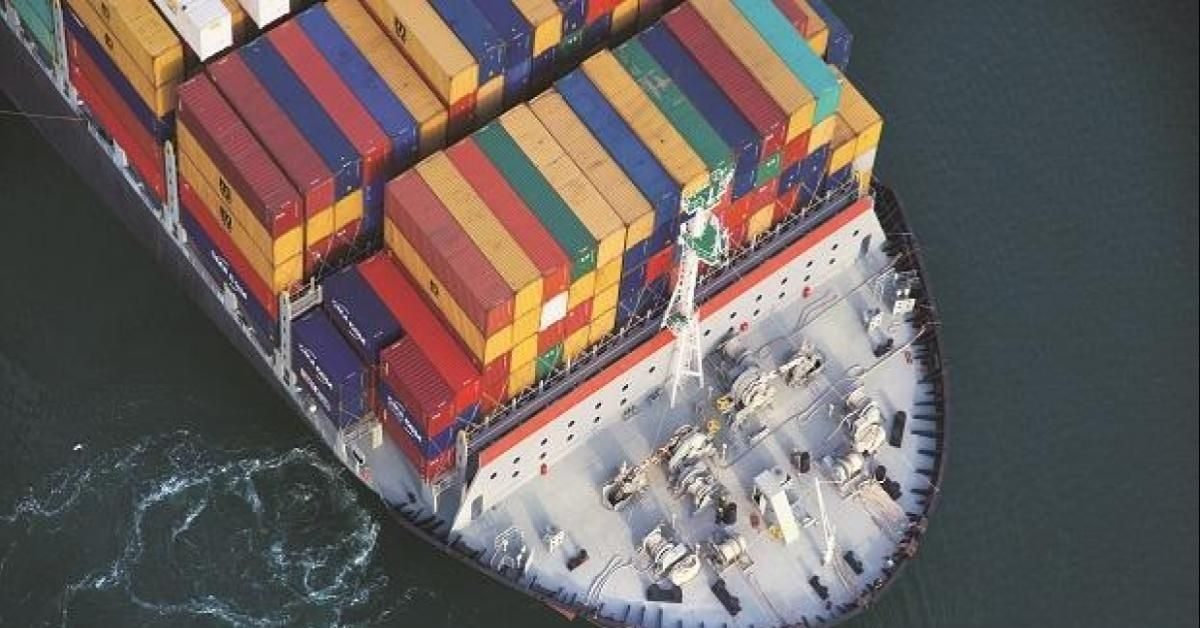As India looks to reduce its carbon footprint across sectors, the focus is also at making shipping and logistics sector green. The shipping ministry is already working on a Green Port Policy to suggest the framework and guidelines for incorporation of green initiatives across ports. It will cover focussed areas, track outcomes and look into cost recovery mechanisms for port operators.
As part of the Maritime India Vision 2030, a total of 963 initiatives have been identified for implementation across major ports with an estimated investment of ₹67,720 crore. Of these, 208 — with a ₹4,424 crore investment — have been completed and another 504 ( ₹48,256 crore) are under implementation. Most of the initiatives are in line with the International Maritime Organisation’s 2030 decarbonisation strategy and 2050 greengouse gases strategy.
Green initiatives include increasing the share of renewable energy at major ports to around 60 per cent by 2030; availing/providing shore power supply to vessels via berths; adopting multi-clean fuel for vehicles within the port ecosystem and a gradual phasing out of diesel locomotives.
“Some ports need to install solar power equipment and others have to apply for power distribution licenses to enable shore-to-ship operations. We are also zeroing in on ports like Chennai and Kandla, where such operations can start at the earliest,” say sources in the the Ministry of Ports, Shipping and Waterways said that
Work in progress
The New Mangalore port developed a green belt, with 33 per cent land being earmarked for greenery. It also created a sewage treatment plant; an oil spill response plan to monitor and control oil spills and has a 5.2 MW solar plant installed, in addition to roof-top solar panels. It generated solar energy of 34.95 million KWH up to December 2021 and reduced its carbon footprint by 29,709 tonnes.
Cochin Shipyard Ltd — India’s largest shipbuilding and maintenance facility — plans to build the first indigenous hydrogen fuel cell vessel. It will implement the project in collaboration with Indian partners. The vessel is expected to cost around ₹17.50 crore, of which 75 per cent will be funded by the Centre.
“Hydrogen fuel cells are efficient, environment-friendly, direct current power sources already applied to heavy-duty bus, truck and train applications, and are now under development for marine applications,” says Sarbananda Sonowal, Union Minister for Ministry of Ports, Shipping and Waterways.
A variety of urban mobility solutions are also being explored. These include deployment of fully-electric ferries and hydrogen-fuelled ferries on inland waterways. For instance, the use of hybrid LNG in electric inland cargo carrier vessels on National Waterways 1 and 2 is being mulled over .
Sai Krishna, Assistant Vice President and Sector Head at ICRA, said the initiatives for green shipping and ports taken up by the ministry are important and implementation of these measures will complement modernisation and expansion plans for the port sector. It will also ensure better ESG compliance; which may aid in attracting investments for the sector. The pace of implementation of various measures remains to be seen. Nonetheless, considering the growing importance of ESG considerations and the government having aggressive expansion/modernisation plans for the sector, implementation of these policy measures in a timely manner will be crucial, he said.






